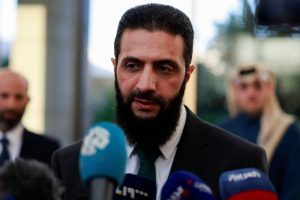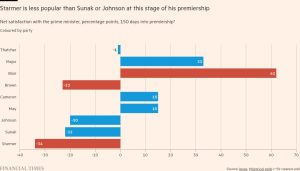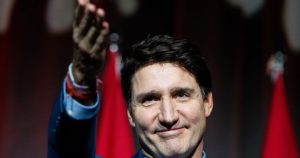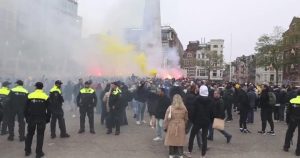Bulgarian accused of spying for Russia paid from Wirecard bank account, court told
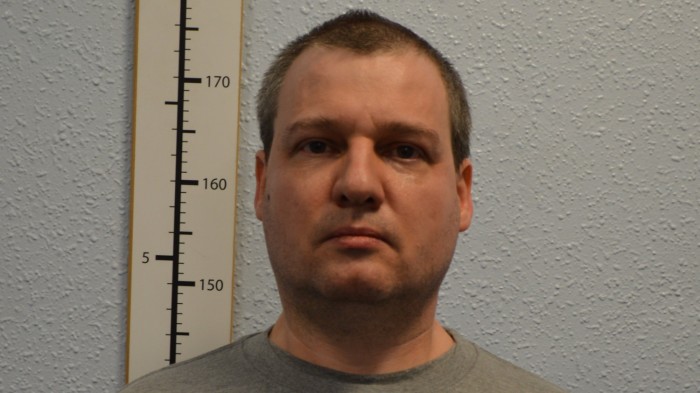
Unlock the Editor’s Digest for free
Roula Khalaf, Editor of the FT, selects her favourite stories in this weekly newsletter.
A Bulgarian national accused of spying for Russia was paid £18,600 from a bank account in the name of collapsed payments company Wirecard, according to evidence seen by a London court on Thursday.
Jurors at the Old Bailey were shown a series of payments in July 2019 from Wirecard Technologies Gmbh to an account belonging to an alias of Orlin Roussev, 46, who has pleaded guilty to conspiracy to spy.
Jan Marsalek, Wirecard’s former chief operating officer, was the liaison between a group of UK-based Bulgarians led by Roussev and the Russian intelligence services, according to British prosecutors.
The allegations came in the trial of three of the Bulgarians — Katrin Ivanova, 33, Vanya Gaberova, 30, and Tihomir Ivanchev, 39 — who face charges of conspiracy to spy between August 2020 and their arrest in February 2023.
Investigators found a photo of an Interpol “wanted” poster for Marsalek on Gaberova’s phone, the trial has heard. Wirecard, a German company, collapsed in June 2020.
Ivanova is also accused of possessing false identity documents with improper intent. All three deny the charges. Another member of the group, Biser Dzhambazov, 43, has pleaded guilty to conspiracy to spy.
Telegram messages read out in court this week showed Marsalek — who was using the alias “Rupert Ticz” — instructing Roussev to conduct surveillance on Ukrainian soldiers undergoing training at a US base in Germany, as well as journalists and Russian dissidents who were of interest to Moscow.
“This was a high level, sophisticated espionage operation,” prosecutor Alison Morgan KC told the jury on Thursday. She added that references to the FSB and GRU, both Russian intelligence agencies, were “peppered” throughout Marsalek’s communications with Roussev.
In a statement quoted in court, Matthew Collins, UK deputy national security adviser, said Moscow was “increasingly using non-Russian nationals” to conduct covert activities on its behalf in Britain because London had cracked down on Russian spies since the attempted assassinations of Sergei and Yulia Skripal in 2018.
The jury also heard that the flat shared by Ivanova and Dzhambazov in Harrow, north-west London, was found to contain large numbers of counterfeit documents, which Morgan described as “high-quality forgeries”.
These included fake Bulgarian, French, Italian and Spanish identity documents, and counterfeit IDs for Marsalek, Morgan said.
The trial continues.
#Bulgarian #accused #spying #Russia #paid #Wirecard #bank #account #court #told
